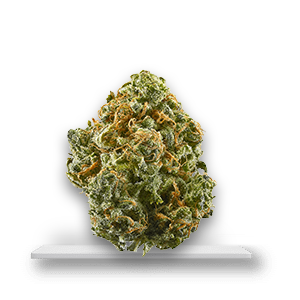
Charlotte’s Angel CBD is a CBD-dominant cannabis strain known for its high levels of cannabidiol (CBD) and minimal levels of tetrahydrocannabinol (THC). It is named after Charlotte Figi, a young girl whose story helped popularize the use of CBD in medical treatments.
With CBD content ranging from 15% to 20% and THC levels below 1%, Charlotte’s Angel offers therapeutic benefits without the psychoactive effects typically associated with THC-rich strains. This makes it a popular choice for those seeking the potential health benefits of CBD without the mind-altering high.
History & Genetics
Charlotte’s Angel is a cannabis strain that gained significant attention due to its association with Charlotte Figi, a young girl who suffered from a severe form of epilepsy called Dravet syndrome. Her story became widely known when her parents turned to CBD-rich cannabis as a potential treatment, leading to a significant reduction in her seizures.
The genetics of Charlotte’s Angel stem from a cross between Dutch Charlotte, a strain known for its high CBD content, and Red Angel, a CBD-dominant variety. The breeding efforts focused on creating a cannabis strain with minimal levels of THC and high levels of CBD to provide therapeutic benefits without the psychoactive effects.
Effects
Charlotte’s Angel CBD strain is renowned for its therapeutic effects and minimal psychoactive properties. With its high CBD content and low THC levels, this strain offers a range of potential benefits without the intoxicating high typically associated with cannabis.
The effects of Charlotte’s Angel are characterized by relaxation, allowing users to experience a sense of calm and relief from anxiety. It promotes clear-headedness, enabling users to remain focused and alert while enjoying a gentle uplift in mood. Additionally, this strain may provide pain relief, making it an appealing option for individuals seeking natural alternatives for managing chronic pain and inflammation
Appearance, Aroma & Flavor
Appearance
Charlotte’s Angel CBD strain showcases beautiful buds with an attractive appearance. The flowers are typically dense and have a vibrant green color, often accompanied by orange pistils that add a touch of warmth to the overall aesthetic. The buds are generously coated with a layer of trichomes, giving them a frosty and glistening appearance.
Aroma
When it comes to aroma, Charlotte’s Angel offers a delightful sensory experience. The strain exudes a pleasant and inviting scent with mango and citrus undertones. Aromatic notes of earthy and wood are also founded, creating a refreshing and natural fragrance. The aroma is often described as soothing and calming, contributing to the overall therapeutic experience.
Flavor
In terms of flavor, Charlotte’s Angel CBD strain offers a mild and smooth taste profile. The mango notes detected in the flavor, providing a subtle and pleasant herbal taste. Some users may also notice hints of citrus or floral undertones that add a delicate sweetness to the overall flavor profile.
Common Usage
- Relaxation and stress relief: Charlotte’s Angel CBD is often used to promote a sense of calmness and relaxation, making it beneficial for unwinding after a long day or managing daily stressors.
- Anti-inflammatory properties: The strain may help reduce inflammation in the body, which can be beneficial for individuals dealing with conditions such as arthritis or muscle soreness.
- Pain management: Charlotte’s Angel CBD is believed to have analgesic properties that may help alleviate various types of pain, including chronic pain or headaches.
- Mood enhancement: Users report that Charlotte’s Angel CBD can uplift the spirits, promote a positive mindset, and provide a sense of overall well-being.
- Therapeutic benefits: Charlotte’s Angel CBD is commonly used in managing certain medical conditions, such as epilepsy or seizures, due to its potential therapeutic effects.
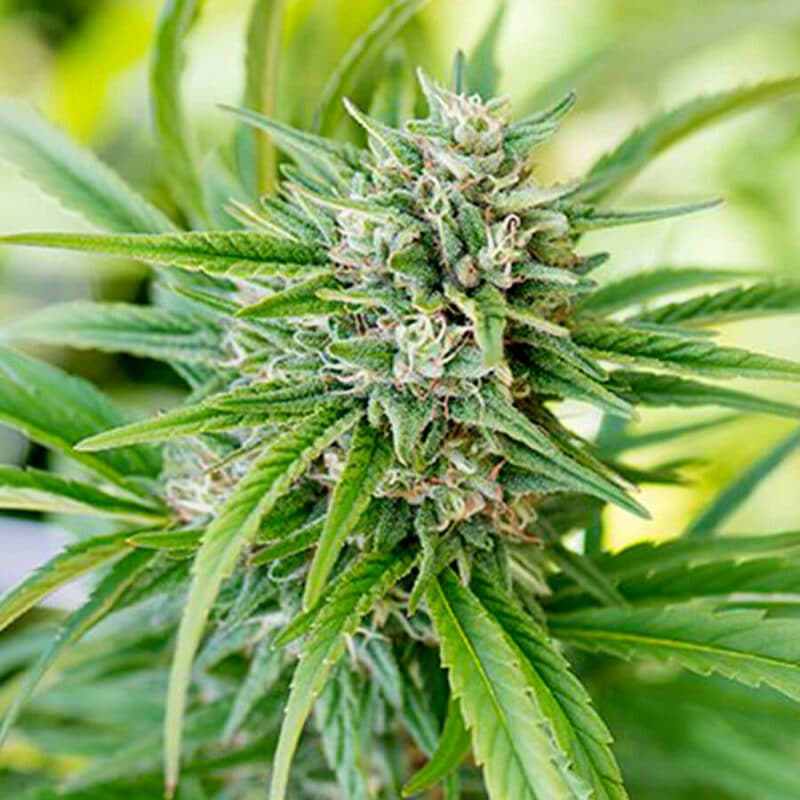
Side Effects
Dry Mouth

Fatigue

Dizziness




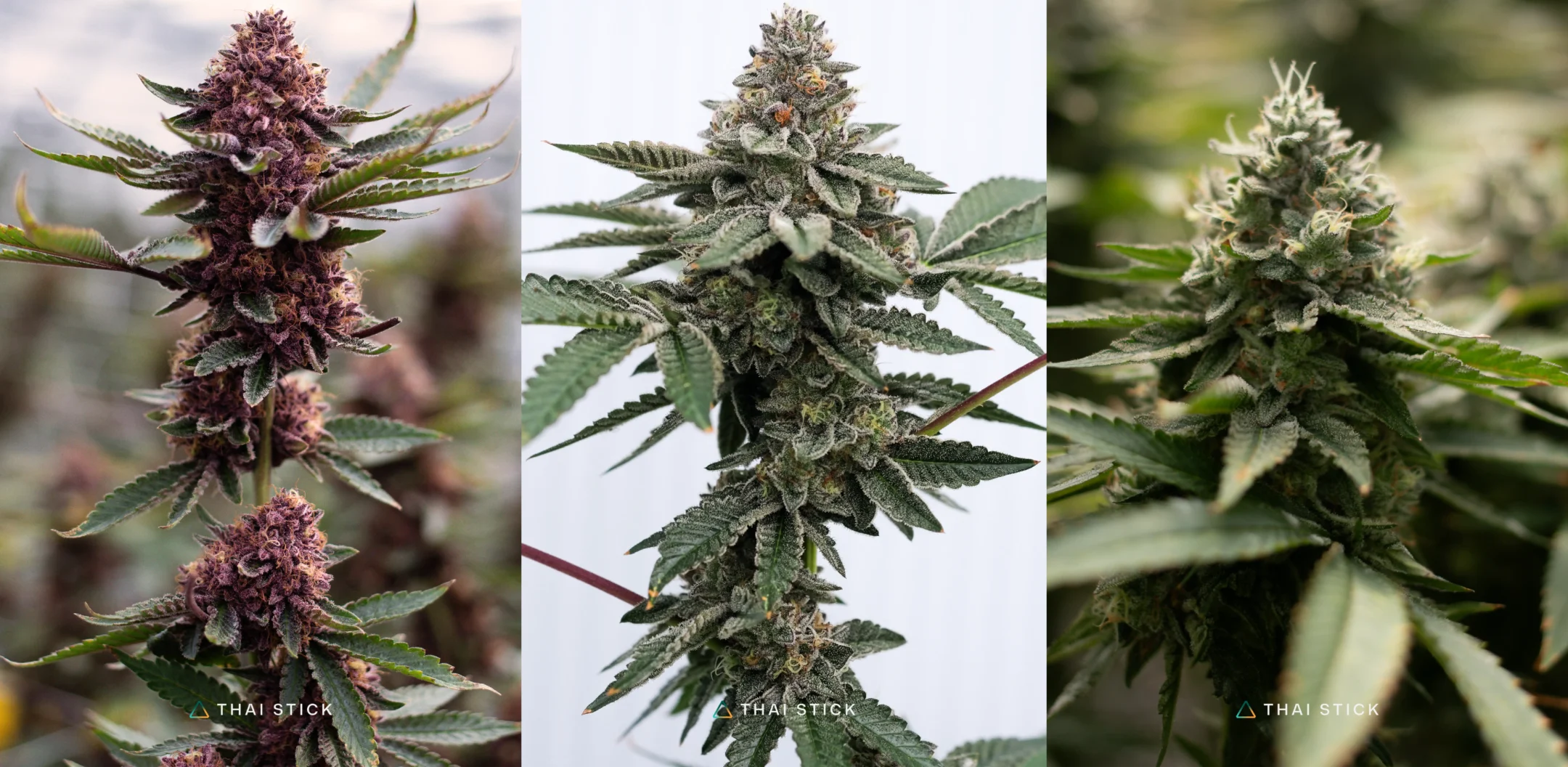
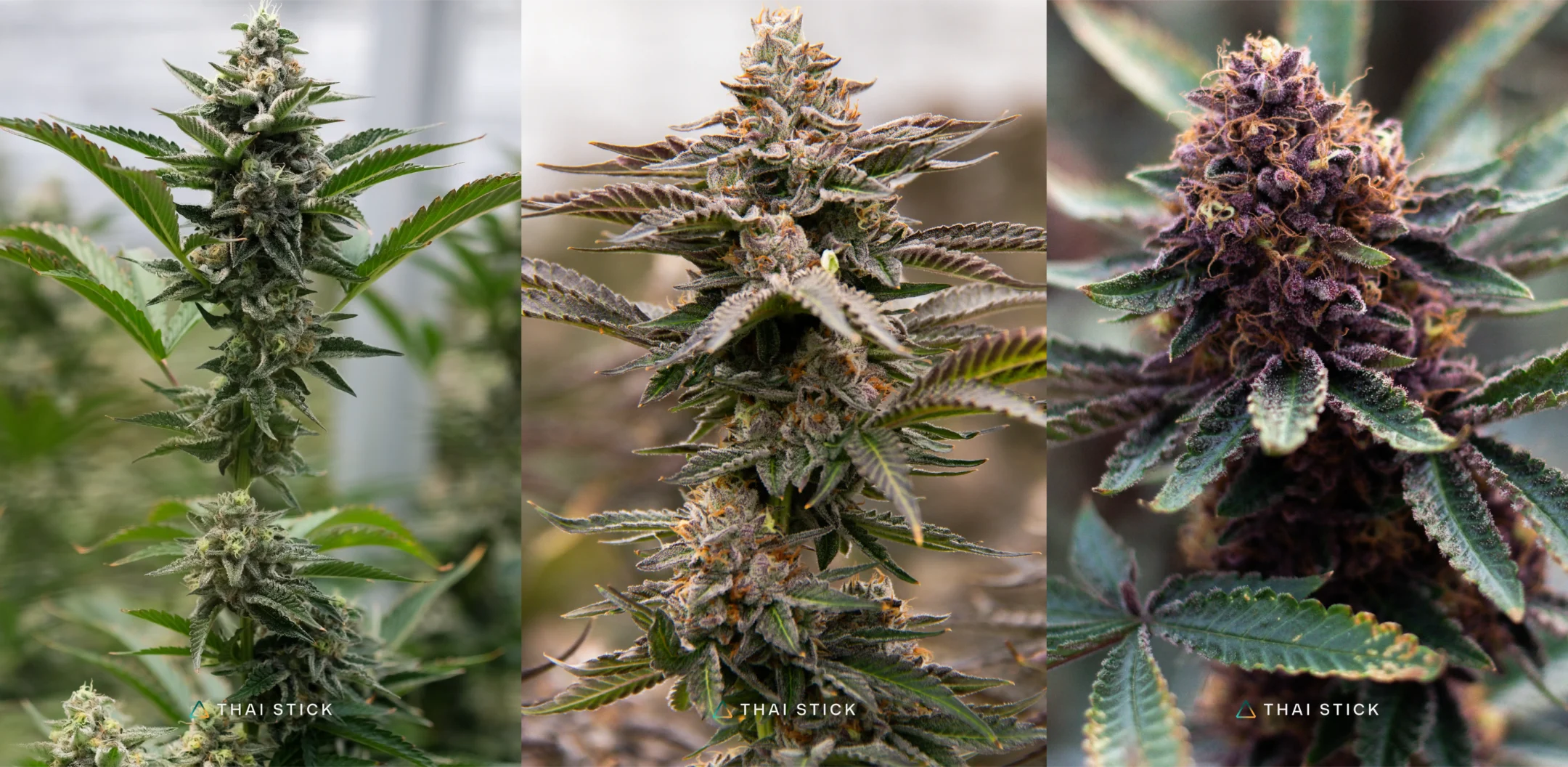
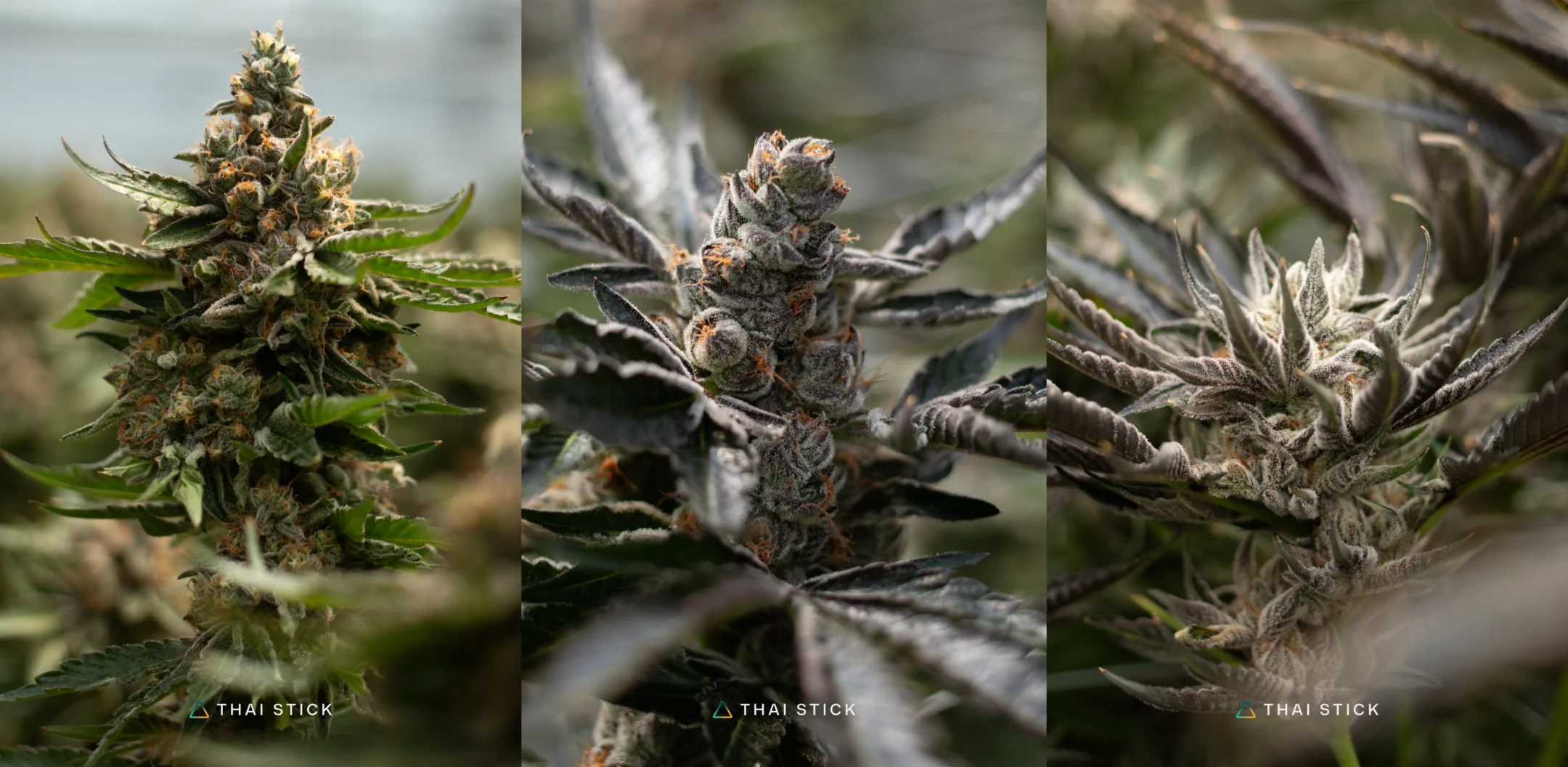
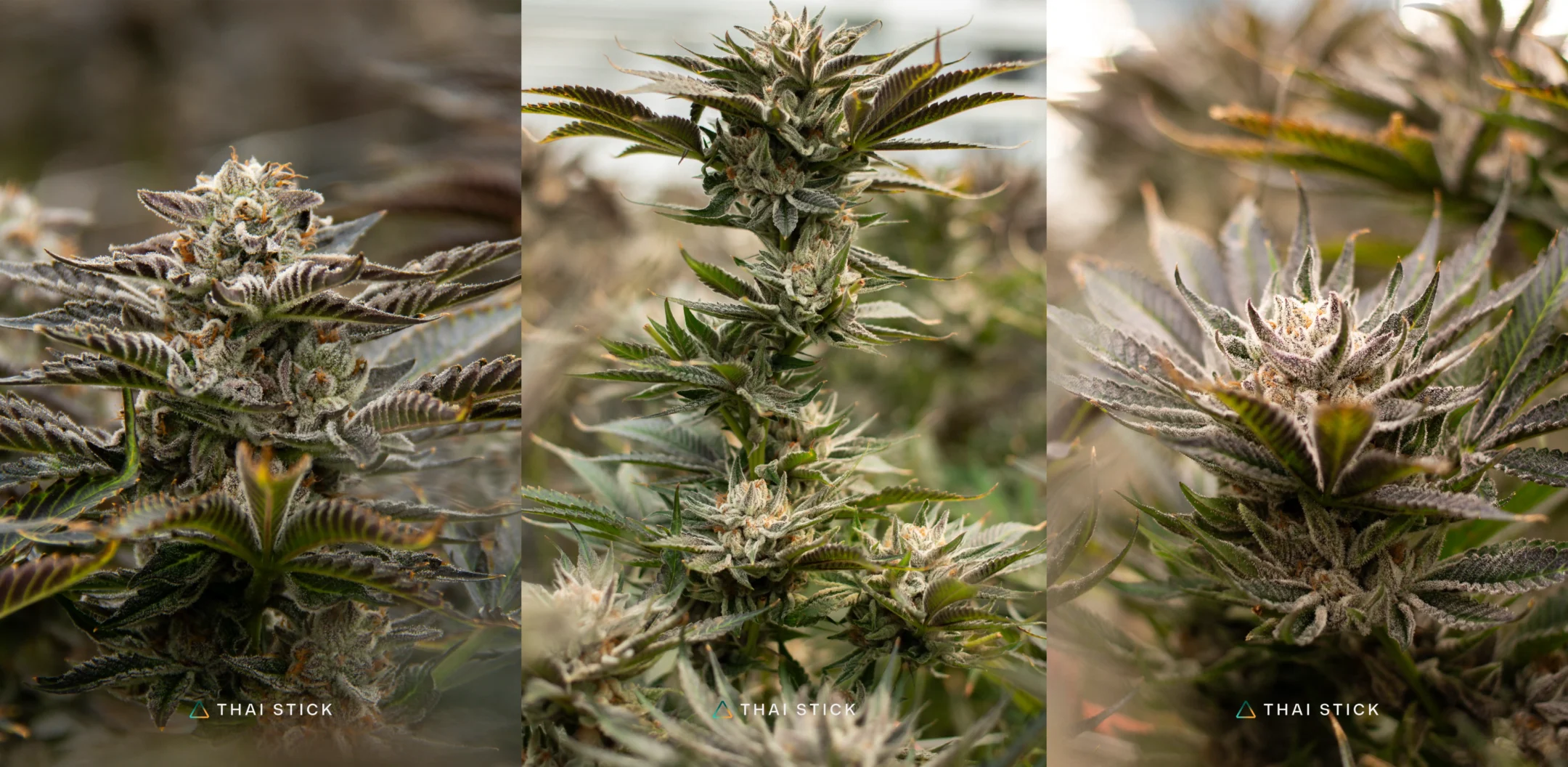
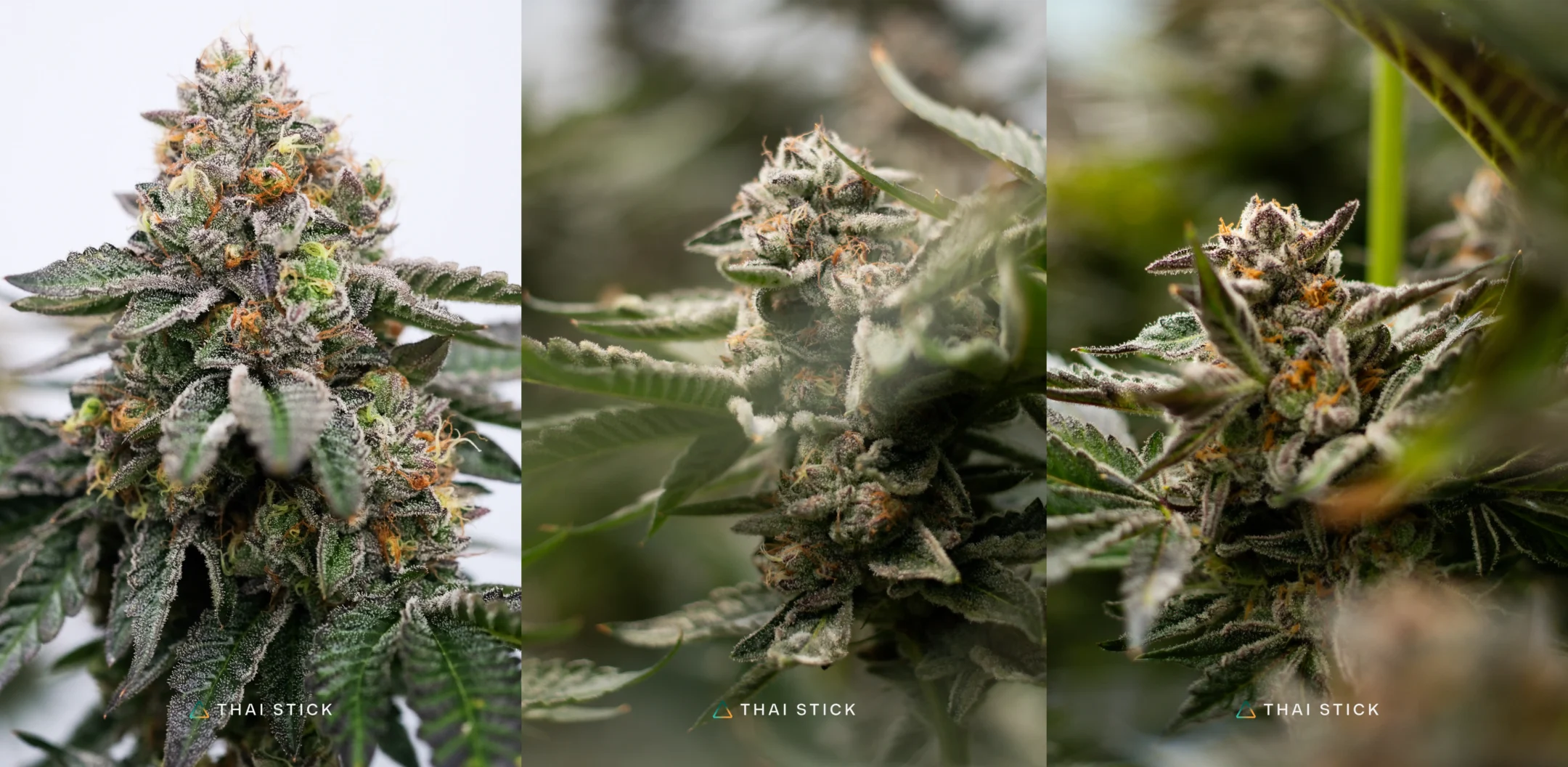
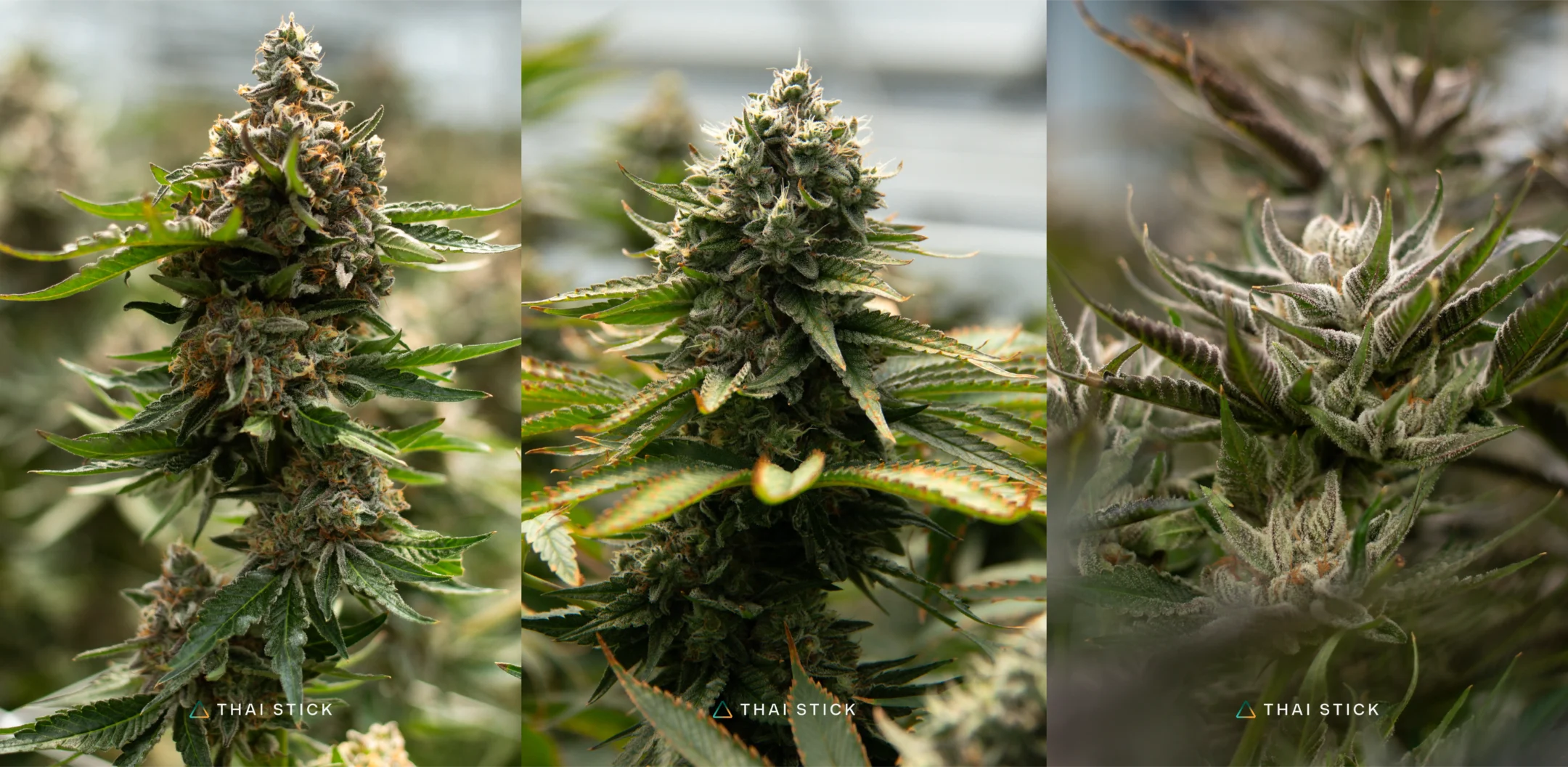
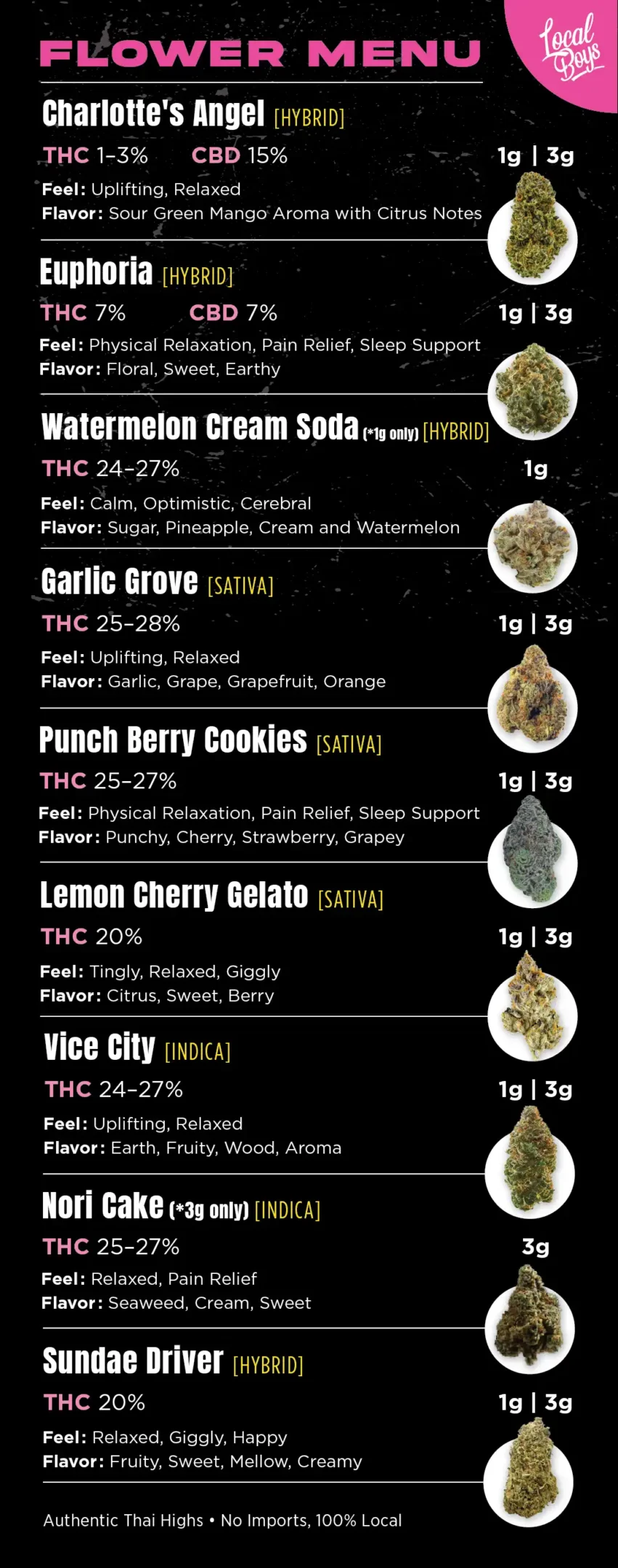

 @bloom.asia
@bloom.asia








